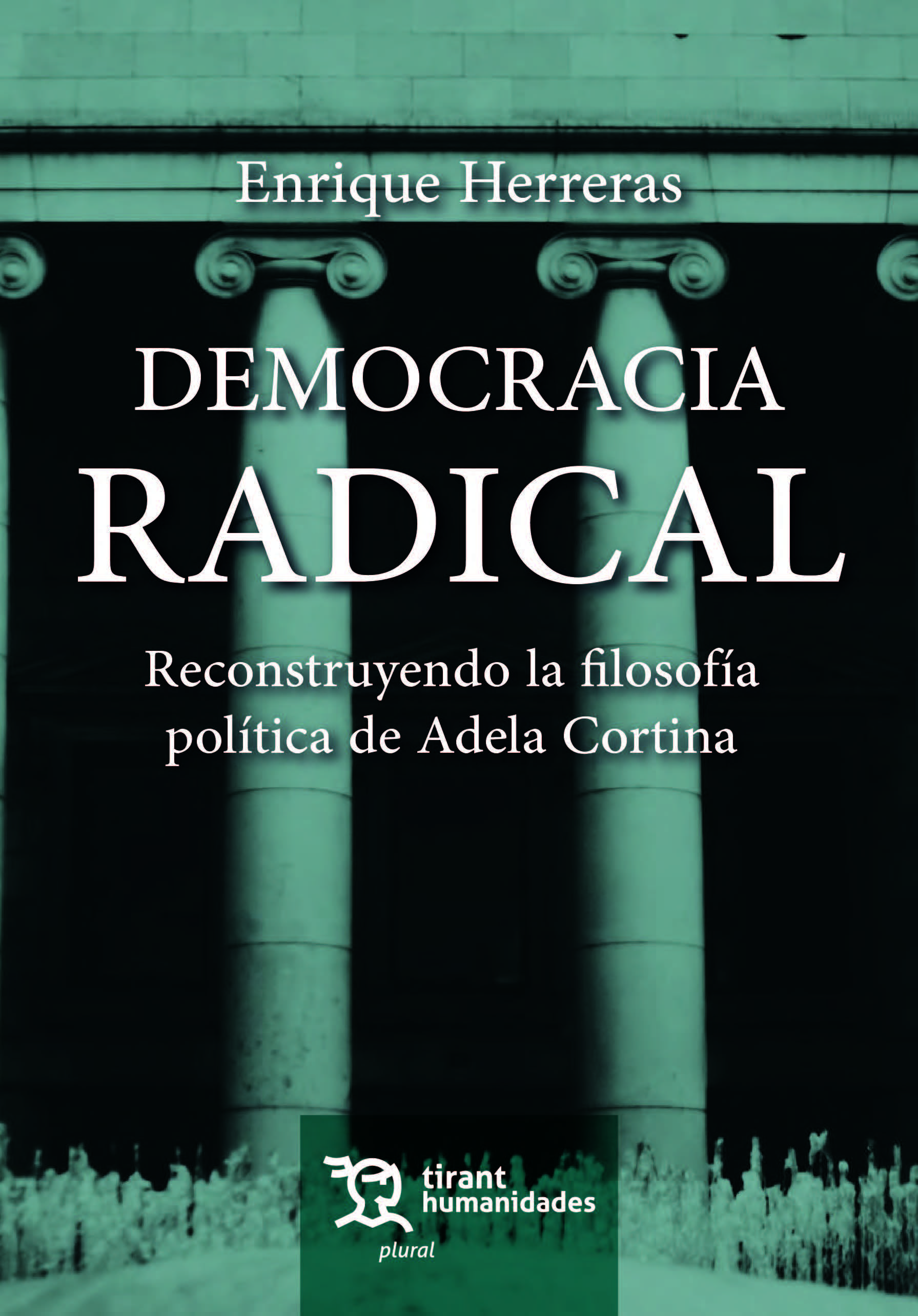
This book aims, starting from the concept coined by Adela Cortina as “ethics of cordial reason,” to reconstruct her political philosophy through a creative hermeneutics grounded in the concept of justice. It unfolds through a series of debates: liberalism and socialism, critical theory and neoconservatism, and so on. The goal of this critical reconstruction is to advance along some of the paths opened by Cortina’s prolific and marathon academic activity, which from the outset has revolved around an institutionalized radical democracy mediated by “applied ethics.”
Considering that, in recent times, democracy has suffered a significant political setback, it is understandable –though alarming– that the book analyzes some of today’s “threats”: “illiberal” democracies, the post-truth phenomenon, political polarization and the rise of populisms, “aporophobia,” and the repercussions of advances in artificial intelligence. All this occurs in the context of worrisome asymmetric globalization and a geopolitics that is marking a new confrontation between autocracies and the old democracies.










